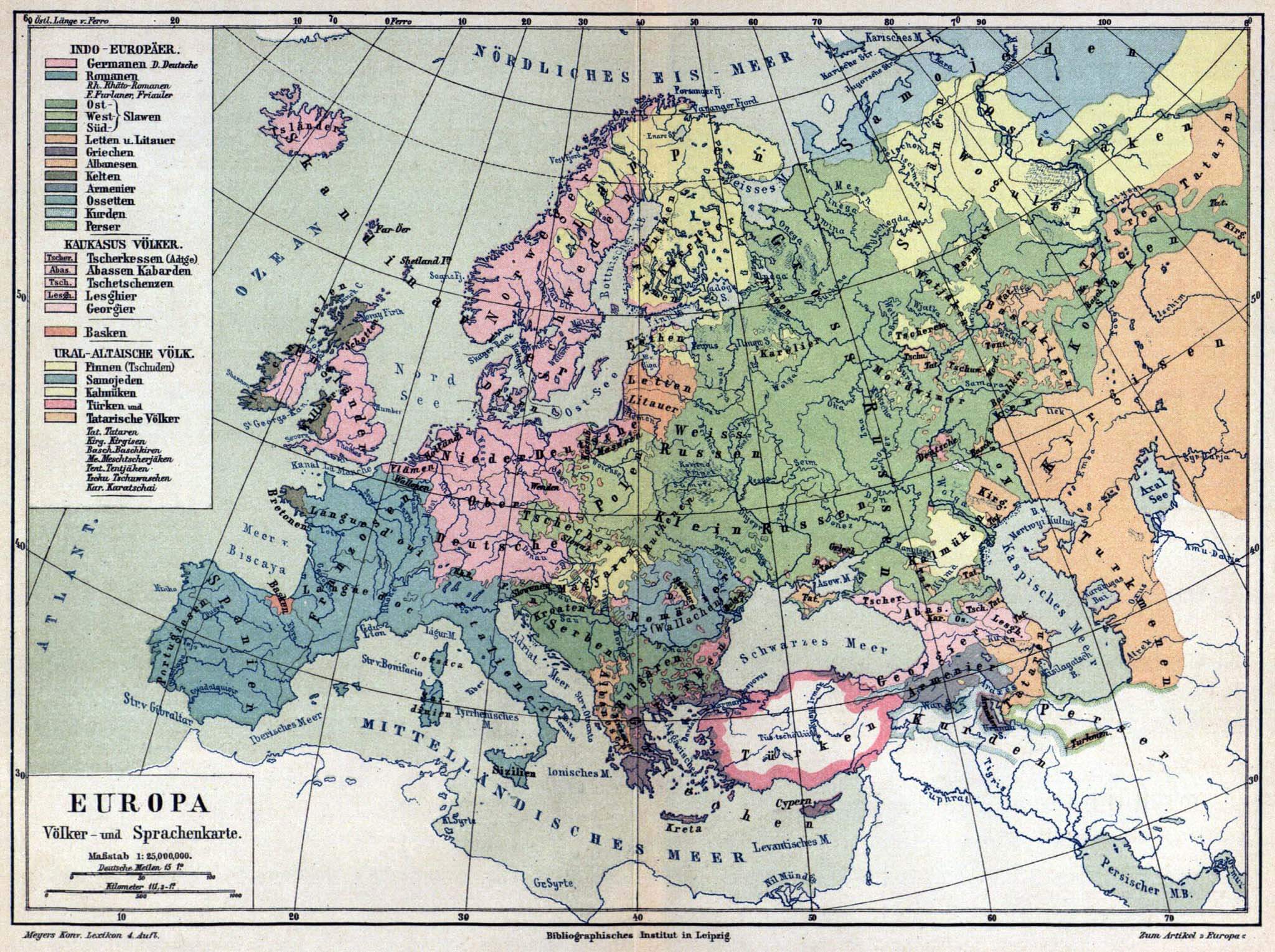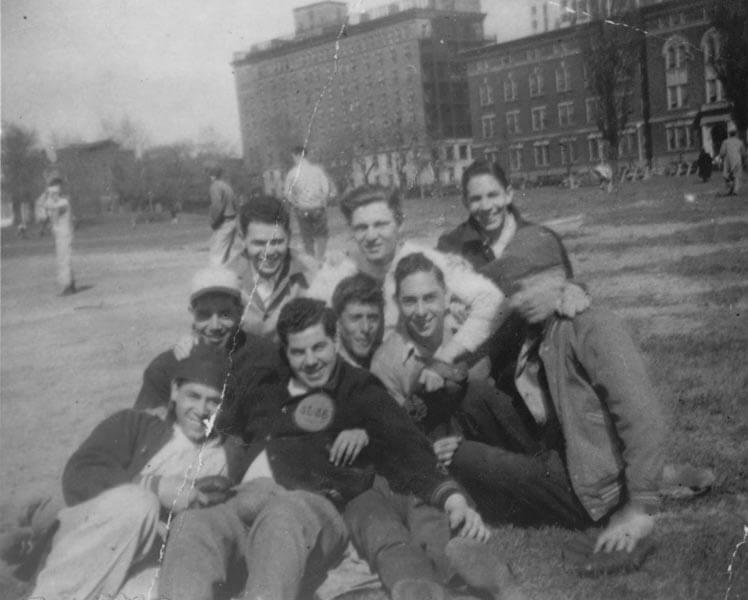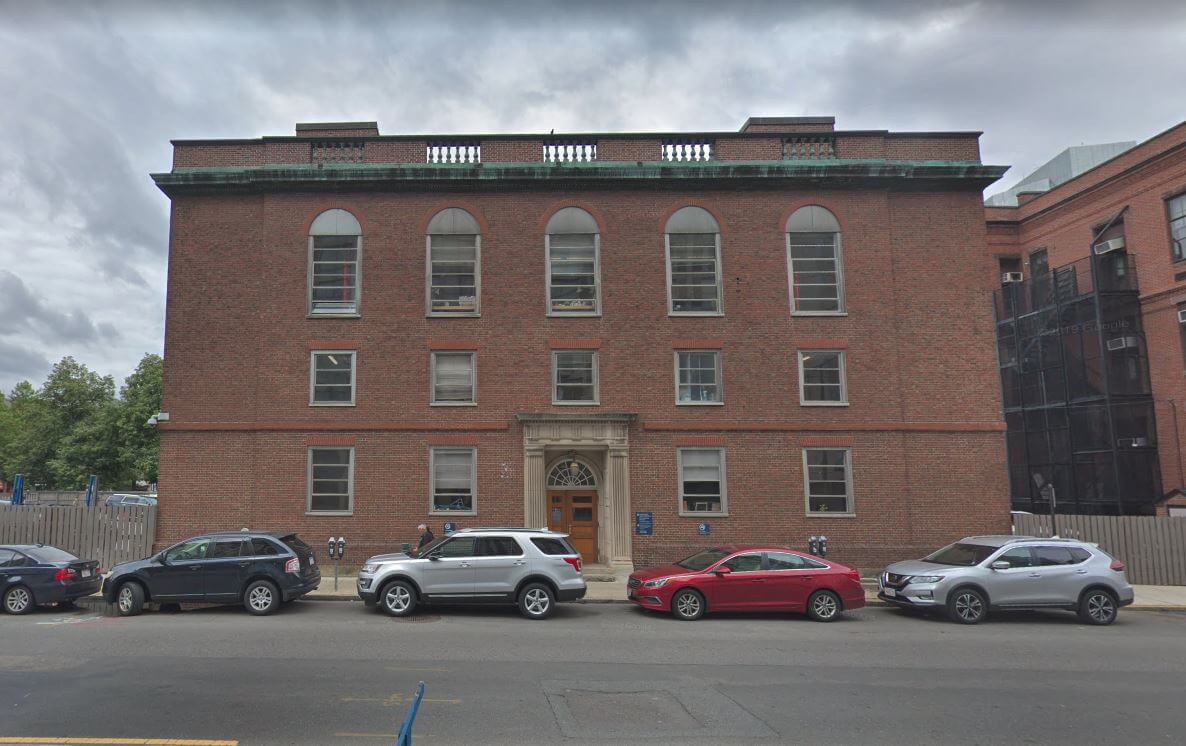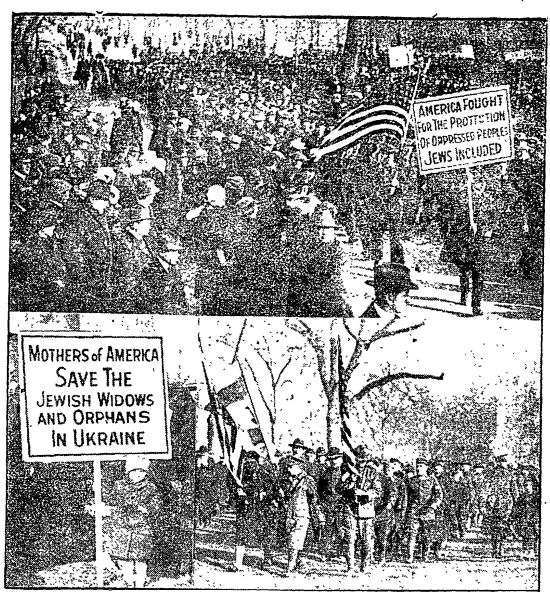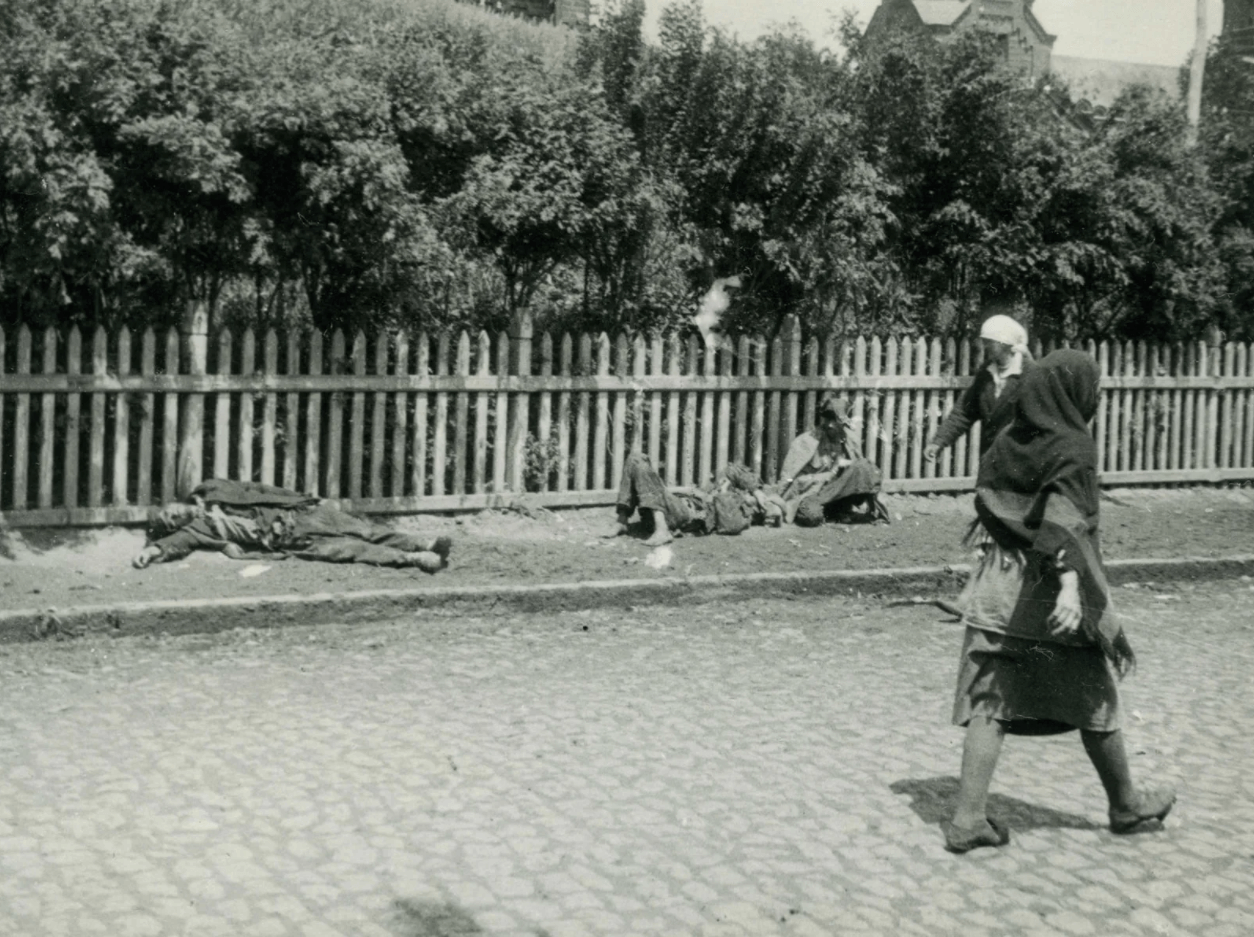Ukrainians of the West End
Far from their country of origin, Ukrainian immigrants and their descendants in the West End maintained connections and advocated for justice in their mother country.
The historic West End was home more than twenty racial and ethnic communities, making it the most ethnically diverse neighborhood in Boston during the late nineteenth and early twentieth centuries. During the 1880s, predominantly Jewish Russian and Eastern European immigrants moved to the West End and other neighborhoods of Boston. Many of them could trace their roots to present-day Ukraine.
Leonard Nimoy, whose parents were Jewish immigrants from the town of Izyaslav (Zaslav) in present-day Ukraine, was born in the West End in 1931 and grew up there through the 1930s and 1940s before moving to California and landing the role of Spock in Star Trek. Nimoy’s parents never returned to Zaslav, but Nimoy himself was able to visit the Ukrainian town in 1987. After he directed Star Trek IV, Nimoy attended that movie’s premiere in Russia. His trip was sponsored by the World Wildlife Fund, which promoted Star Trek IV for its theme of saving humpback whales; the movie premiered in Russia soon after Russia announced its moratorium on whale hunting. Nimoy attended the premiere on the condition that he would be able to make arrangements to visit Zaslav, which his parents discussed often. In Zaslav, Nimoy met a cousin and some other distant relatives who showed him a photograph, of Nimoy’s children and his brother’s children, that Nimoy’s mother mailed to Zaslav almost thirty years prior.
George Karoff was born in Shepatovka, Ukraine in 1901, and settled with his family in the West End after arriving in the US through Ellis Island. Karoff became the owner of a hardware store in Brockton and later a real estate developer in Chestnut Hill. Not only had Karoff grown up in the historic West End, he was also a member of the West End House Club. The West End House moved to 16 Blossom Street in 1929, and many Jewish children (including Leonard Nimoy in his early years) were members. The West End House, particularly the athletic teams it put together, effectively represented the racial and ethnic diversity of the historic West End. Even through the 1990s, three decades after the West End House moved to the Allston-Brighton neighborhood, the club’s membership included children from many parts of the world. Michael Bourg, then executive director of the West End House in 1996, remarked that “It’s incredible…There are kids from Central and South America, Russia and the Ukraine, India, China. I like to say that we’re the United Nations that actually works.”
West Enders whose families immigrated from Eastern Europe paid attention to significant events that took place abroad, particularly in Ukraine. On December 15, 1919, more than 25,000 Jewish people from Boston marched from the West End, through Scollay Square, to Mechanic’s Hall to attend a mass meeting against the pogroms taking place in Ukraine. The anti-Communist “White Army,” during Russia’s ongoing civil war, murdered almost one-hundred thousand Jewish people in Ukraine and Poland. According to the Boston Globe, the marchers that day walked through very cold winds, but the common reply to “What a terrible cold!” was “Ah, it’s colder over there.” During the meeting at Mechanic’s Hall, legislators, rabbis, reverends, and community leaders spoke, and “Jewish organizations of Ukrainia” were represented as well. Those assembled drafted resolutions against the pogroms in Ukraine and raised money to assist those in need overseas.
Ukrainian Catholics were also represented among the immigrants who arrived in the West End. On the night of April 23, 1933, Josefa Sicinska, “recently arrived from the Ukraine district of Soviet Russia,” gave a speech in Polish to those assembled at St. Mary’s Polish Roman Catholic Church on Chambers Street in the West End. The church was hosting the yearly Swiecone feast, a Polish Easter tradition, when Sicinska told of Soviet officials at the Polish-Russian border confiscating the money her husband sent her from the US. Her hope was to inform West Enders of ongoing, troubling events in her home country; according to the Globe, “Mrs. Sicinska reported uprisings in the Ukraine district and said the people in this country had no idea of conditions in Russia.”
Ukrainians settled in the West End, joined churches and other neighborhood institutions, and made their voices heard on important issues happening in their home country during the twentieth century.
Article by Adam Tomasi
Source: Boston Globe (“George Karoff, 97,” July 12, 1998, page C11; Christina Robb, “A Jewish History in Boston,” April 26, 1981, page 1; Alan Lupo, “At haven, spirit high: cash low 90-year-old West End House seeks to boost endowment,” September 15, 1996, page 1; “Jews in Monster Protest Meeting,” December 16, 1919, page 1), History Channel, Wilson Center, Britannica, WEM – West End House, Washington Post


